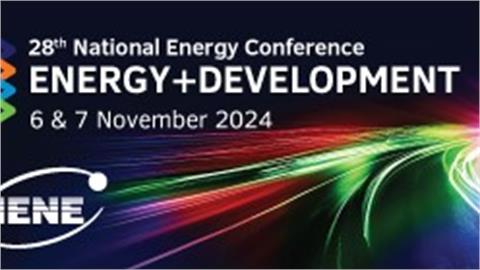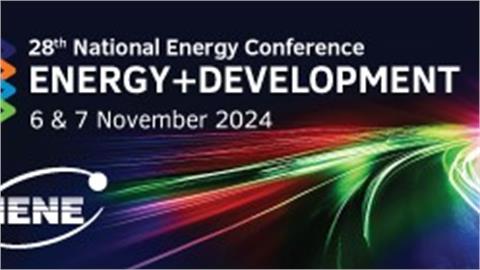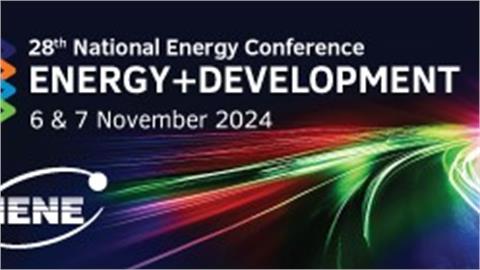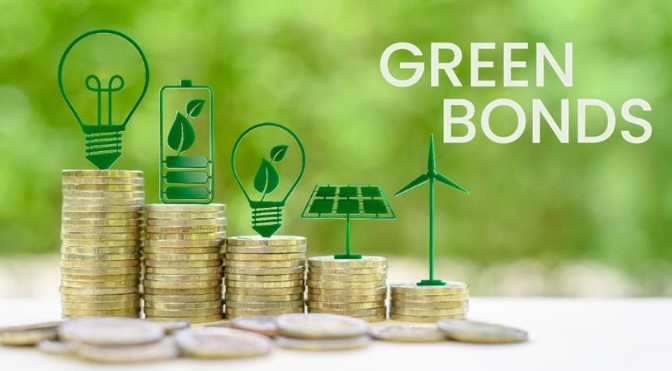In a specially convened meeting held at the International Energy Agency (IEA),IENE's Executive Director Mr.Costis Stambolis and the Institute's Head of Research Mr. Nicholas Sofianos presented the findings of the just published "SEE Energy Outlook", the Institute's major study on the energy situation in SE Europe. The meeting took place at IEA's headquarters in Paris on May 15 and was attended by country representatives accredited to the OECD and senior IEA energy experts
In a specially convened meeting held at the International Energy Agency (IEA),IENE's Executive Director Mr.Costis Stambolis and the Institute's Head of Research Mr. Nicholas Sofianos presented the findings of the just published "SEE Energy Outlook", the Institute's major study on the energy situation in SE Europe. The meeting took place at IEA's headquarters in Paris on May 15 and was attended by country representatives accredited to the OECDand senior IEA energy experts.
Welcoming
the IENE team on behalf of the IEA and the Executive Director, Dr.Fatih Birol,
who was unable to attend on this occasion, Ms.Dagmar Graczyk,Senior
Energy Analyst, stressed the importance of the IENE study especially since it
covered several countries of the SEE region which were not members of the IEA
and yet because of their location and emerging economic status are becoming
increasingly important in terms of European energy markets. It is to be noted,
observed Ms. Graczyk ,that, from the entire 13 country-region covered by the
IENE study, only Greece and Turkey are IEA members.
In their presentation, which lasted almost 50 minutes, the IENE team focused on
certain key issues covered in the study and included the region's great
hydrocarbon import dependency, the continuing relevance of indigenous solid
fuels, especially low calorific value lignite, which is still the fuel of choice
for most countries in the region because of the energy security it offers, the
slowly changing energy mix as natural gas and Renewables are slowly
gaining ground, the fraught with difficulties decarbonisation road map
and of course the serious energy security implications now facing several
countries in SE Europe.
With energy security being of primary concern to IEA's member countries the
IENE presentation expanded on the issue by identifying the main parameters
involved at regional level and among others reviewed the work carried out so
far in this direction both by the EU and the countries themselves. In addition
the IENE 'Outlook' study identified a number of additional aspects involved in regional
energy security which, as it was explained, provided a more complete
framework for understanding and successfully addressing the issues involved.
Upon completion of the presentation a lively discussion followed where several
country representatives and energy experts participated.
The ' SE Europe Energy Outlook 2016/2017' is a 1165 page document, published in
book form, and will soon be available to order from the IENE offices in Athens.
The study is the result of a two and a half year investigation with the
contribution of a 23 expert team coming from all different countries of the
region. The study was funded by a number of major energy and related companies
active in the SEE region.




